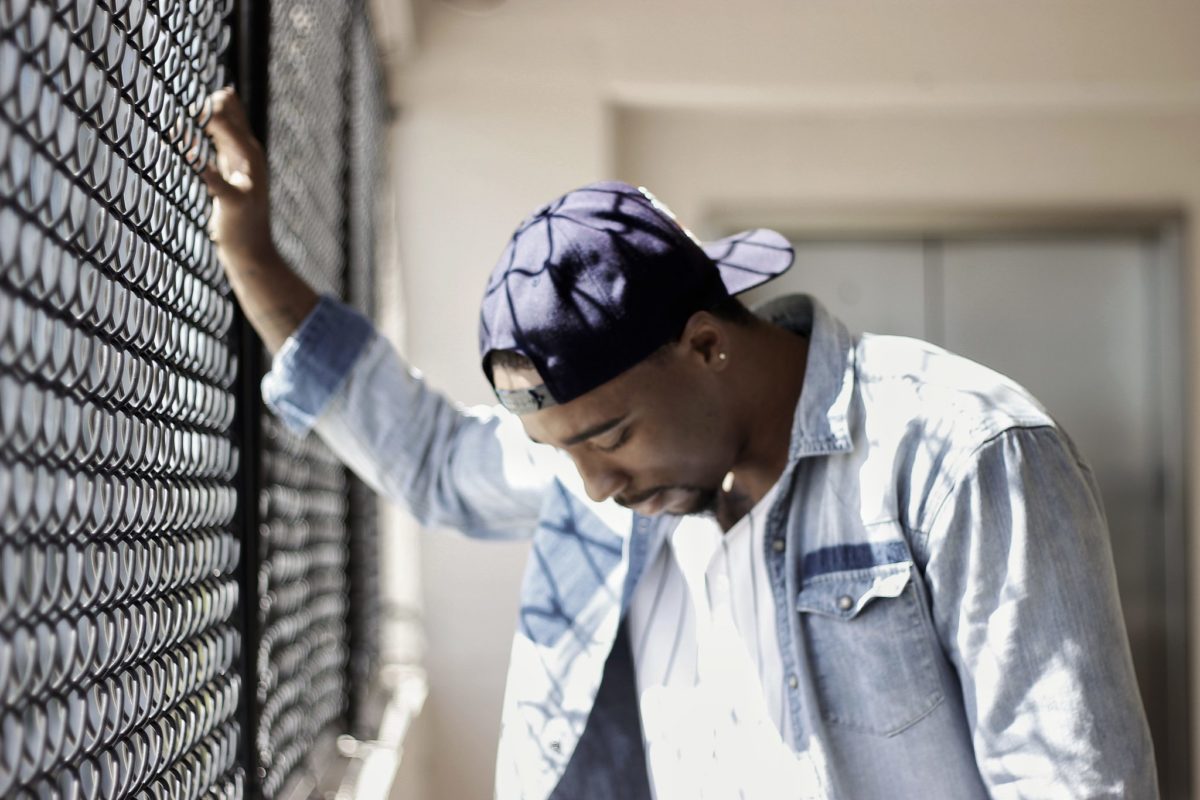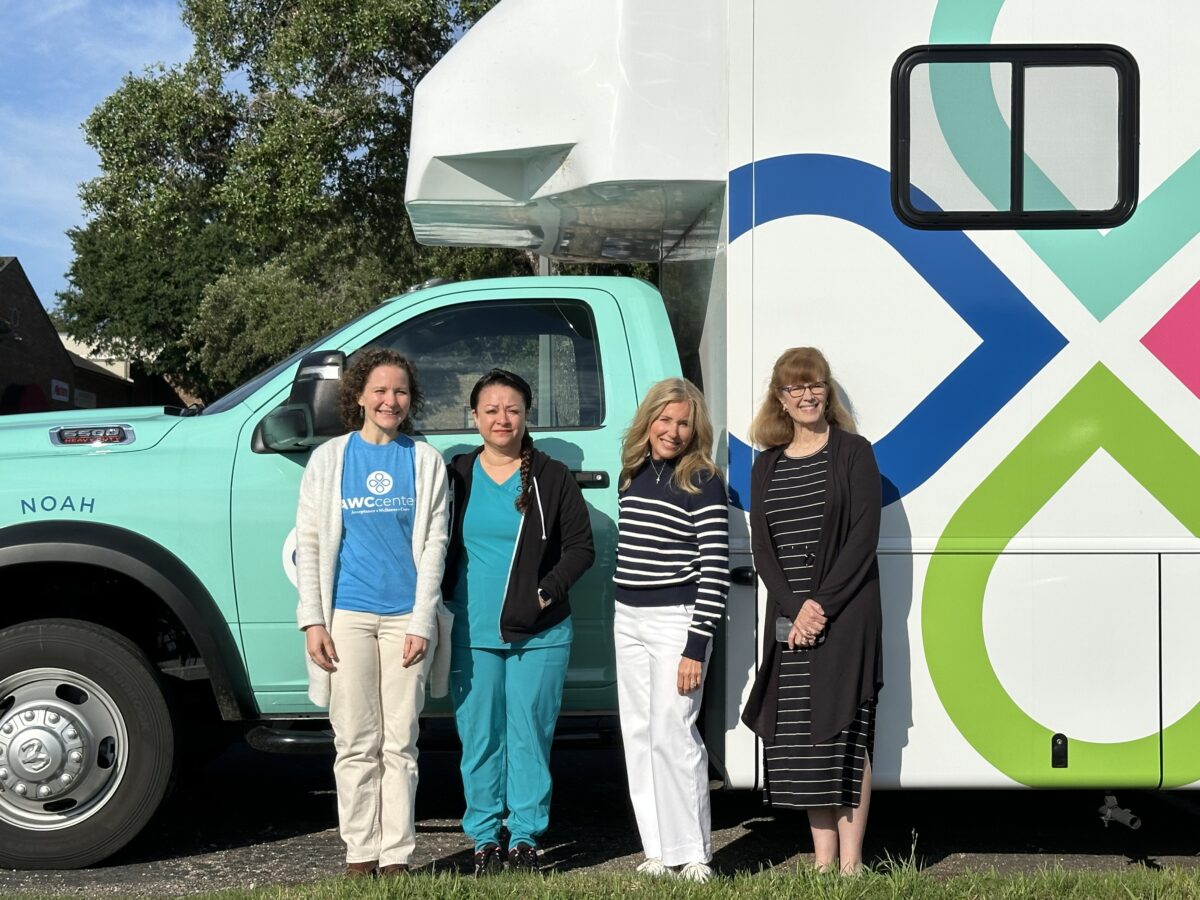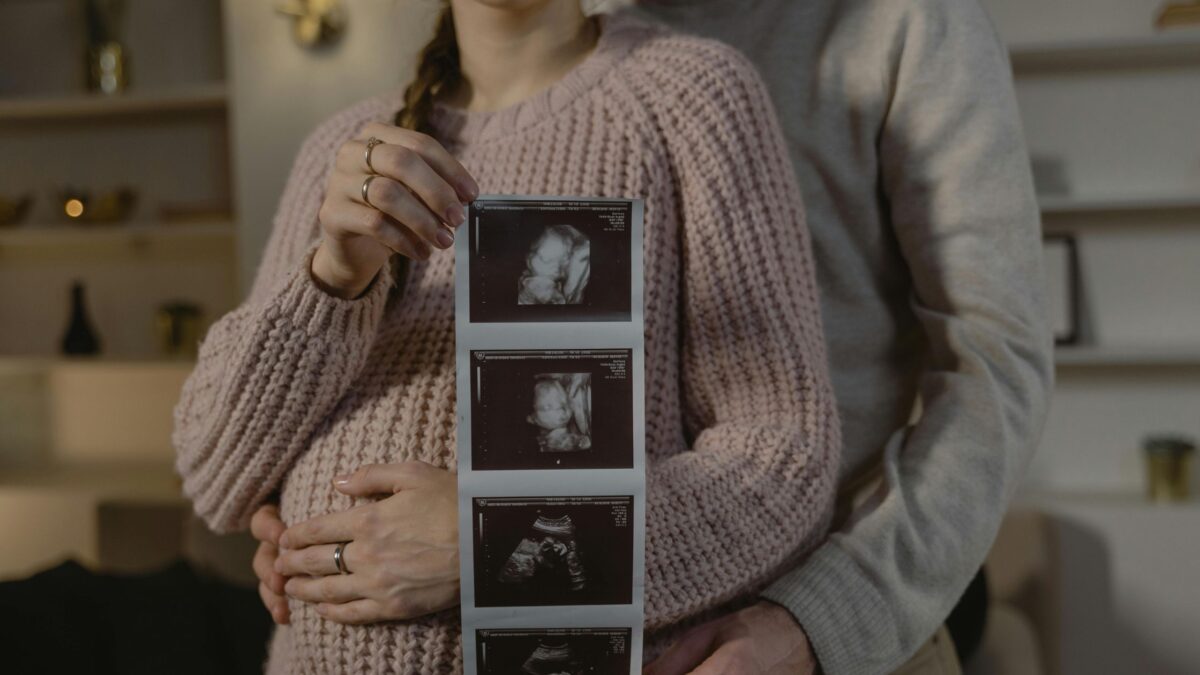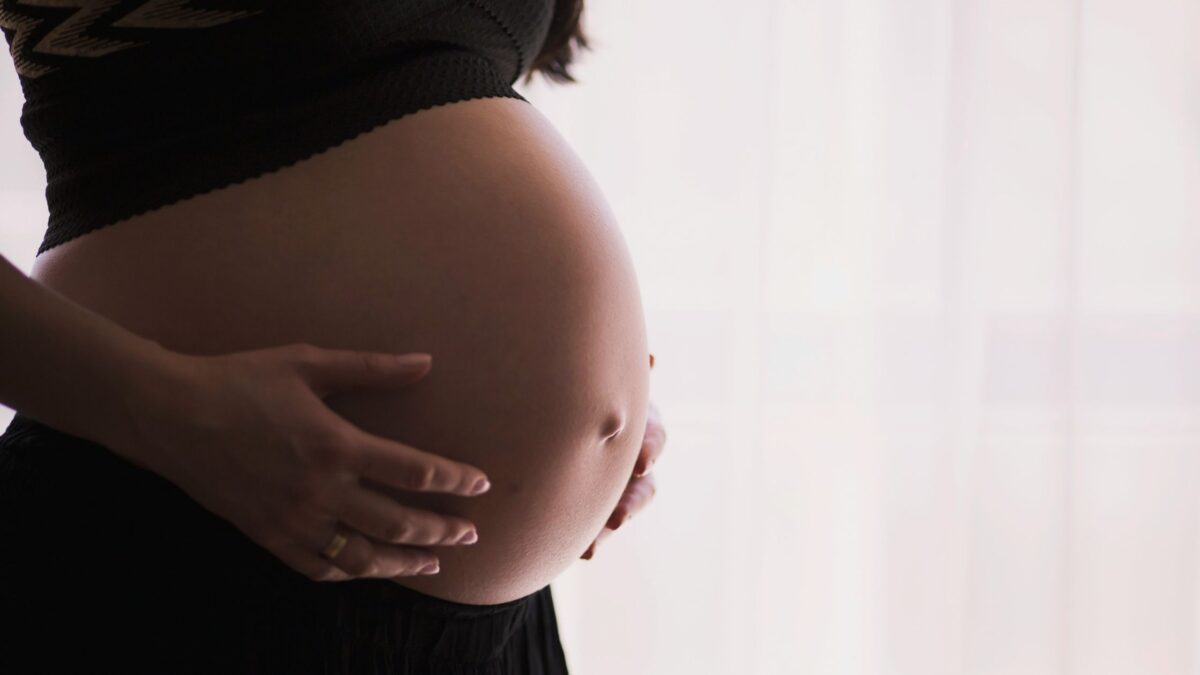NARAL recently linked to an article in Mel Magazine titled “8 Men on What It Was Like When Their Partner Had an Abortion.”
Although one could respond to many things within this article, I want to address an overarching theme of inconsistency that not only exists in this piece, but that is also found repeatedly within the ranks of abortion proponents and their marketing.
What is that theme? It is this: Your story of abortion is valid as long as your experience ends with you being pro-abortion.
For my pro-choice friends, please continue reading and don’t slam the door of your echo-chamber. The world doesn’t need another door closed.
Life is complicated. It’s messy. And in the same way, so is abortion.
Pro-life people will often paint a picture of simplicity – a world where abortion is illegal and no one is having one. Pro-choice people will, too, paint a similar picture of simplicity – a world where everyone has access to abortion and they all love it. The problem is that both these pictures fail to capture the reality of life and the complexities that shape our stories as humans.
And so, when it comes to stories of those who have had an abortion, they will be varied. But no story should be invalidated because of the outcome or experience. Let’s look at some of the “experiences” these men had.
Jeremy: That night I partied and did some drugs. It was complete escapism for me.
David: I didn’t have tools to navigate my anger, so we ended up going to couples’ therapy and I started taking an antidepressant.
Dan: She was really sick, sleeping 24 hours a day and on all these medications. The doctors thought she was going to die.
Rodolfo: …but the abortion haunted me for a long time. When I was younger, I’d get high and think of the kid I could’ve had. It messed with me horribly — I felt like the biggest piece of sh*t in the world.
Charles: You feel guilty for being complicit in terminating a pregnancy…
Firstly, these statements, (please read the article to understand their full context) do not sound supportive of abortion. In fact, as a man, they sound horrific and awful and something I never want to have to experience myself.
So why would NARAL, of all people, link to this article?
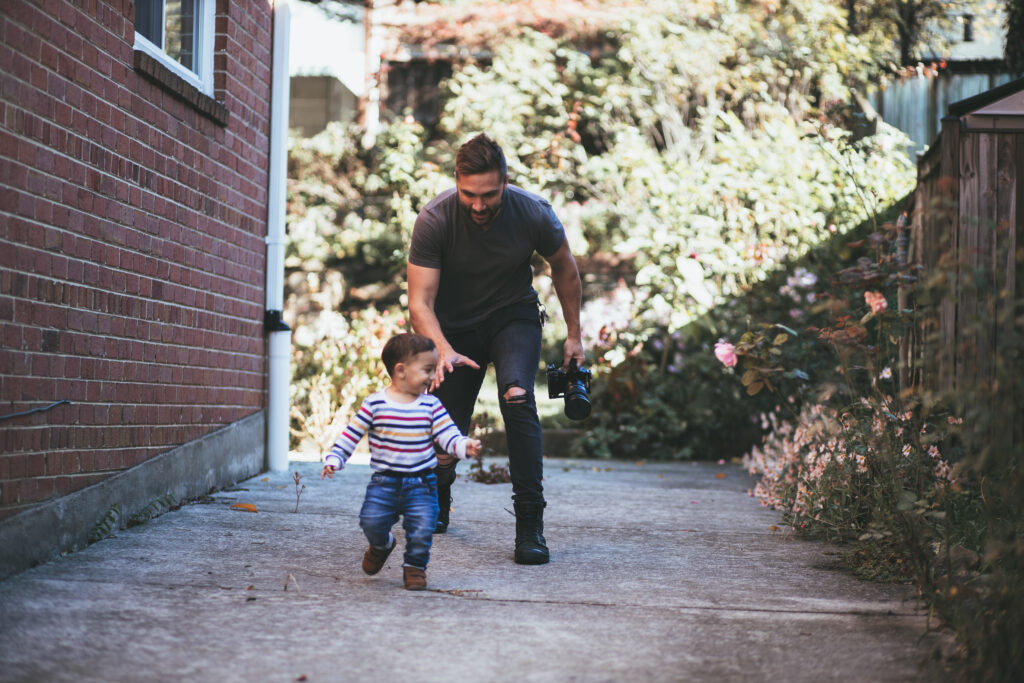
Because these men still consider themselves pro-choice. And since they’re still pro-abortion, their stories are validated and considered credible.
Had these been the statements of men who believed abortion to be unhealthy for other men, they would have been disregarded and discredited as “anti-choice,” “anti-woman,” and “anti-empowerment.”
How do I know this? Because, it happens all the time to women.
Stories and experiences do not increase or decrease in value and validity based upon their outcome. Rather, stories and experiences are humanity’s way to “review” any and everything. We live in a user-reviewed world today and when shopping on Amazon, looking for a restaurant on Yelp, booking an Airbnb, or hailing an Uber, we value humanity’s stories and experiences because, whether positive or negative, it helps us decide what to do.
Get more pro-life news, straight to your inbox
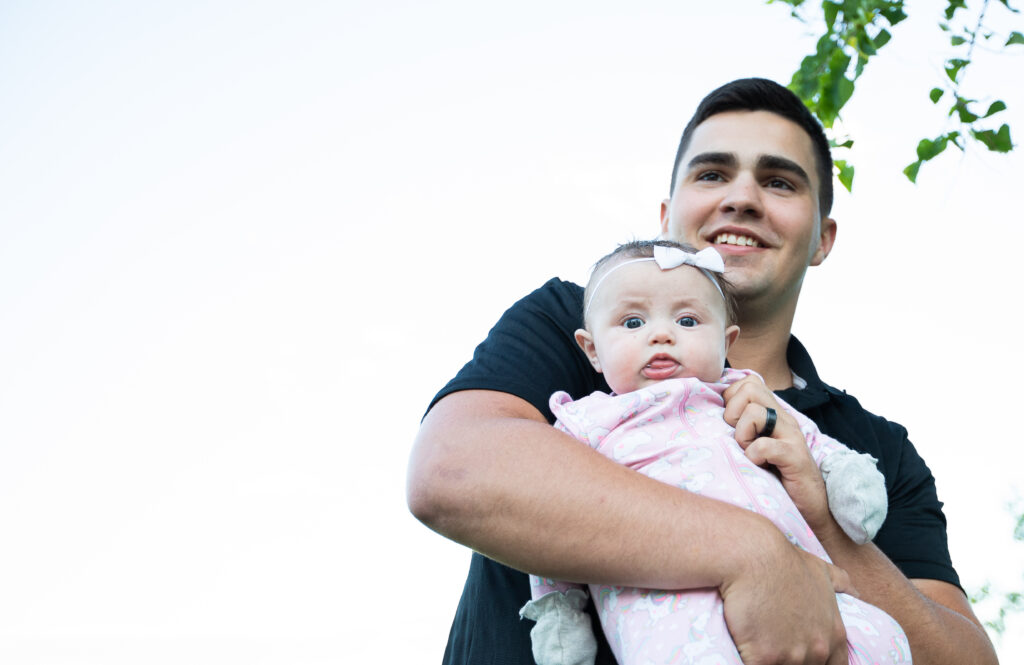
Yet, when it comes to the politically volatile discussion of abortion, the pro-choice community only recognizes the value of stories that end with the “user’s experience” being pro-choice. It is an assault on the autonomy of personal experience for an organization, institution, or political ideology to dictate what is valid and what is not.
In a world where we, humanity, share our experiences to better help our neighbor navigate their next purchase or decision, abortion is the single area where any experience that does not fit the totalitarian outcome of the abortion-agenda is ascribed not only as invalid, but anti-woman.
But what if your experience with abortion is something different than the utopian outcome that Planned Parenthood and NARAL says it should be? Would it not be valuable to someone, somewhere, to hear it? Would it not be worthwhile to tell others so that, as the old adage goes, they don’t have to “learn the hard way?”
No one reads the negative reviews on Amazon and gets angry. No one tries to silence or invalidate the reviewer’s experience. In fact, often it’s the opposite. We greatly value hearing the difficulties and problems users have because it informs and “empowers” us in our decision making process.
In the same way, should we not want to hear about the difficulties and problems people have with an infinitely more important decision like abortion?
Regardless of political affiliation or ideology, any time an experience that differs from the prescribed narrative by Planned Parenthood or NARAL is considered invalid, that is the moment you should question whether these organizations are pro-woman, pro-empowerment, and pro-information, or if they are really just pro-abortion.
Experiences and stories, regardless of outcome, need to be shared and never invalidated. We must always remember that selective or partial information is a form of manipulation.
Our culture doesn’t need any more people to “shout your abortion.” What we need are people who will stop shouting and start listening. If we listened more and shouted less, our culture and our communities just might begin to heal.


